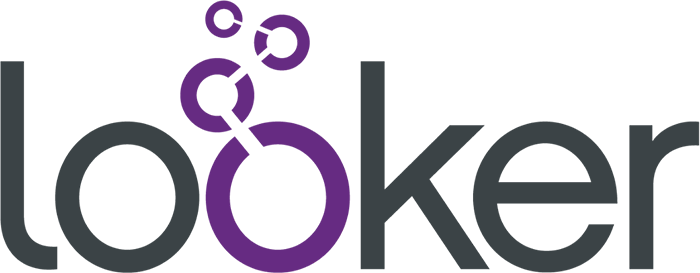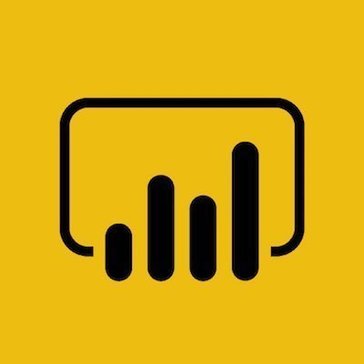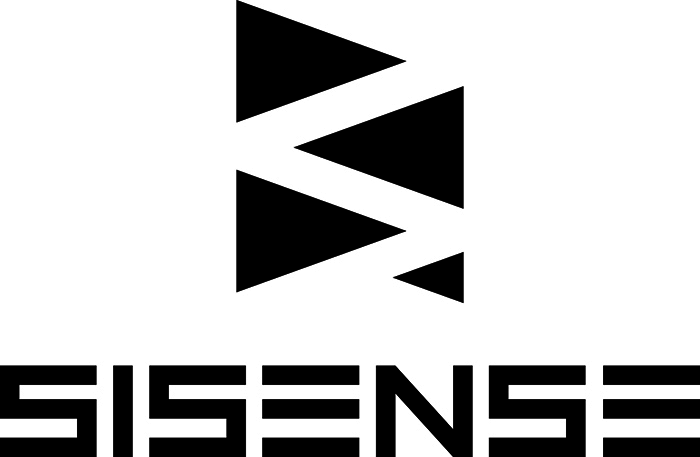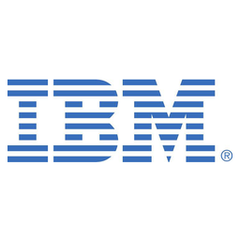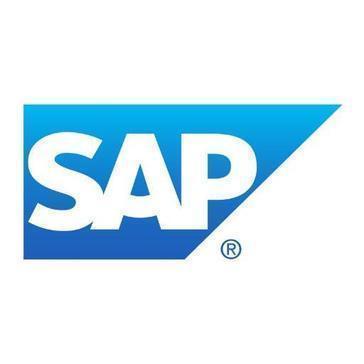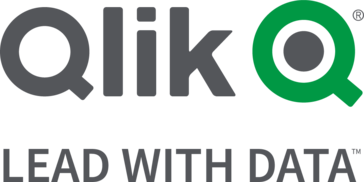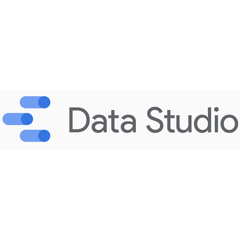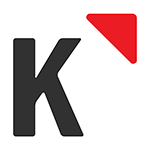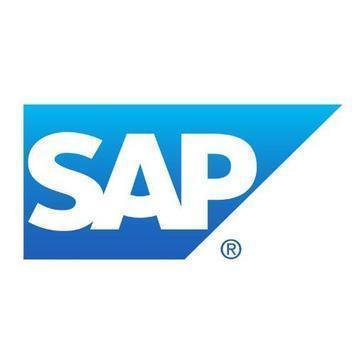Business Intelligence Software
Managing big amount of data and gaining useful insights for your business is a complex thing to do. That’s why it is important for you to use a good business intelligence software to boost the process and deliver better results for your business. With comprehensive analytics tools, you can get actionable insights that help to make better decisions for your business.
Here are some of the best business intelligence software that you can use for your business:
Heap
Offering unparalleled insights into customer journeys, this digital insights platform captures every user interaction across web and mobile, eliminating the...
Tableau
Unlocking the full potential of data, Tableau empowers users to transform insights into action. With AI-driven analytics, seamless integration with...
Tableau Desktop
Tableau Desktop empowers users to explore, model, and visualize data effortlessly, even offline. With features like multi-fact relationships, custom themes,...
SEMrush SEO Toolkit
The SEMrush SEO Toolkit empowers users to create customized SEO Dashboards, allowing for precise tracking of a website's visibility enhancement...
Power BI
Power BI Desktop empowers users to transform raw data into meaningful insights through intuitive data visualization and analysis tools. This...
Looker
Looker transforms business data into actionable insights, enabling organizations to access, analyze, and leverage real-time information seamlessly. With LookML, users...
InsightSquared
This no-code, self-service business intelligence software offers over 350 built-in reports, enabling teams to streamline sales forecasting and analytics. With...
Domo
Domo is a powerful Business Intelligence software that transforms raw data into actionable insights through intuitive visualizations and real-time dashboards....
MicroStrategy
MicroStrategy provides complete enterprise analytics solutions that include business intelligence and analytics platform. It features large data processing, instant answers,...
Triple Whale
Easily manage ecommerce analytics and marketing data with a powerful app that consolidates insights from TikTok, Facebook, Google, and more....
Microsoft Power BI Desktop
Power BI Desktop empowers users to transform raw data into meaningful insights through intuitive data visualization and analysis. This free...
Google Chart Tools
Google Chart Tools offers an accessible way for users to create interactive charts and data visualizations for both browsers and...
Tableau Server
Tableau Server empowers organizations to leverage their data with unmatched flexibility and control. Users can deploy on-premises or in the...
Sisense
Sisense provides business intelligence software with complex data processing and easy analytics. It features one centralized data storage, drag and...
IBM Cognos Analytics
Harnessing AI-powered insights, IBM Cognos Analytics empowers users to make informed decisions swiftly and efficiently. With a user-friendly interface, it...
SAP Lumira
SAP Lumira is a self-service Business Intelligence software that empowers users to access, transform, and visualize data effortlessly. It enables...
Chartio
With a decade of experience delivering millions of charts and dashboards, Chartio empowers all team members to explore their data...
SAP BusinessObjects Business Intelligence (BI)
SAP BusinessObjects Business Intelligence (BI) offers a centralized suite for robust data reporting, visualization, and sharing. This on-premise solution integrates...
QlikView
QlikView is a powerful Business Intelligence software designed to integrate, transform, and analyze data from hundreds of sources. It empowers...
Board
The Board Enterprise Planning Platform seamlessly integrates financial and operational planning, leveraging AI and analytics to enhance decision-making. With features...
Grow
Designed for organizations seeking simplicity and efficiency, this no-code business intelligence platform empowers all team members to make informed decisions....
Zoho Analytics
Zoho Analytics 6.0 transforms raw data into actionable insights through its AI-powered self-service platform. Users can seamlessly integrate diverse data...
Google Data Studio
Unlock the potential of data with Google Data Studio, transforming raw information into interactive dashboards and stunning reports. Users can...
TIBCO Spotfire
TIBCO Spotfire provides business intelligence and analytics software with data visualization. It features data discovery and visualization, anywhere data access,...
Grow.com
Grow simplifies data visualization, allowing users to transform spreadsheets and web app data into stunning visuals without coding expertise. By...
Klipfolio
Klipfolio provides online business dashboard software designed to track your business metrics for your team. It features resource authentication, SQL...
Klipfolio Dashboard
Klipfolio Dashboard empowers teams to create tailored dashboards and reports by seamlessly connecting to hundreds of services and APIs. Users...
SAP BusinessObjects
The SAP BusinessObjects Business Intelligence suite provides a powerful platform for data reporting, visualization, and sharing. With its on-premise deployment,...
Mode
This platform serves as a central hub for analysis, seamlessly connecting data teams and business users. With capabilities for SQL,...
SAP Crystal
SAP Crystal is a robust business intelligence software that enables users to create visually appealing, pixel-perfect reports from a variety...
Infogram
Infogram empowers users to craft engaging narratives through interactive visuals and tooltips, enhancing storytelling. With over 35 chart types and...
ProfitWell
Unlocking hidden growth in subscription data, this platform offers real-time analytics and automated churn reduction without any cost. Purpose-built for...
Solver
Solver is a cloud-based extended financial planning and analysis solution that consolidates data from various sources, empowering organizations to make...
GoodData
GoodData provides SaaS business intelligence and analytics platform that delivers high-value insights. It features insights as a service, interactive recommendations,...
Grapher
Grapher is an advanced Business Intelligence software designed to transform complex datasets into visually compelling graphics. With over 70 graph...
Technological progression is the way of modern life. Be it our home or office spaces, the influence of the digital advancements is far-reaching. The business world, too, has been dramatically swayed by it. In recent years, there has been much talk about data-driven business strategies and decisions. Over time, every business accumulates humungous amounts of data that can be leveraged to understand all internal and external pain points involved. But to succeed as an organization, you need to make sense of that large chunk of data and integrate it into your business effectively. This job is achieved with Business Intelligence.
What is meant by Business Intelligence?
Business Intelligence is a collective of all technologies and practices that are aimed towards aggregation, analysis, and presentation of data in enterprises to give actionable insights and facilitate better decision making. The set of tools that make it possible to generate, compile, track, and utilize all this data is known as business intelligence software. From discerning purchase patterns for a better understanding of customers in identifying market trends to predict revenue growth, these powerful software tools come in various forms and sizes to help you scale new heights of business outcomes.
Storage of Business Information
You can have two different applications for CRM and ERP, and both of them will have their own formats of data collection and storage. For bringing together the data from such varied sources across your organization and analyzing it meaningfully, data standardization is essential. A data warehouse aggregate all such diverse data and acts as the central repository from where other applications can pull data and work with it. An extract, transform, and load (ETL) software normalizes data before storing it in the data warehouse. Other BI tools are capable of drawing data directly from the source with a native API, and this becomes particularly beneficial for smaller organizations or individual teams. Data marts are used to store more frequently used slices of data. Another popular option for the storage of large data files is the Hadoop infrastructure.
Data Discovery and Analytics with Business Intelligence Software
To make use of data, you need analytics technology that helps discover patterns, correlations, and inconsistencies, also known as data mining. BI tools come with in-memory analytics to facilitate data queries directly from system RAM without the need for storage in the hard disk. Predictive analytics combines with machine learning capabilities to forecast future circumstances using historical and present data. Text analytics also plays a central role in shaping business outcomes due to the presence of large amounts of useful unstructured data. An NLP or a natural language processing software comes as a help in this regard, substantially so for organizations working with social media.
Presentation of the Findings with Data Visualization
As the ultimate goal is making better decisions, visual representations help in understanding all the outcomes of data mining and analysis. A graphical display such as a map or chart comes handy rather than looking for insights into spreadsheets. Different teams within an organization can utilize dashboards that have a range of visualizations that matter most to the particular department. For instance, the sales team can be access to the sales dashboard showing details about leads across sales funnel, revenue, etc. On the other hand, the IT support team can have metrics such as open bug ticket numbers, on-call developers, sprint progress, etc. on their dashboard.
How to Compare Business Intelligence Software Tools?
The key to harness the immense power of Business Intelligence lies in its usability not just for IT professionals but also for the general staff with basic technical understanding. Therefore, while comparing Business Intelligence tools, the ease of use should be a deciding factor. Simple reporting designs and low complexity of analytics is desirable as they can be utilized even by non-technical business executives, and those in sales and operations departments. You may also need to purchase from multiple vendors because Business Intelligence isn’t always about a single end-to-end software solution. Here, you need to make sure that the platforms are compatible and allow all requisite integrations. The price of most of these software applications is on the higher side, but it is money well spent. The rates across vendors vary, depending on the capabilities, the number of supported users and CPU cores, etc. Look for a solution that offers high scalability so that your BI software can adapt to your organization’s growing needs.





